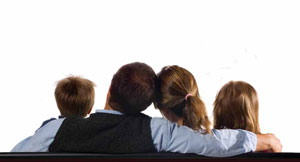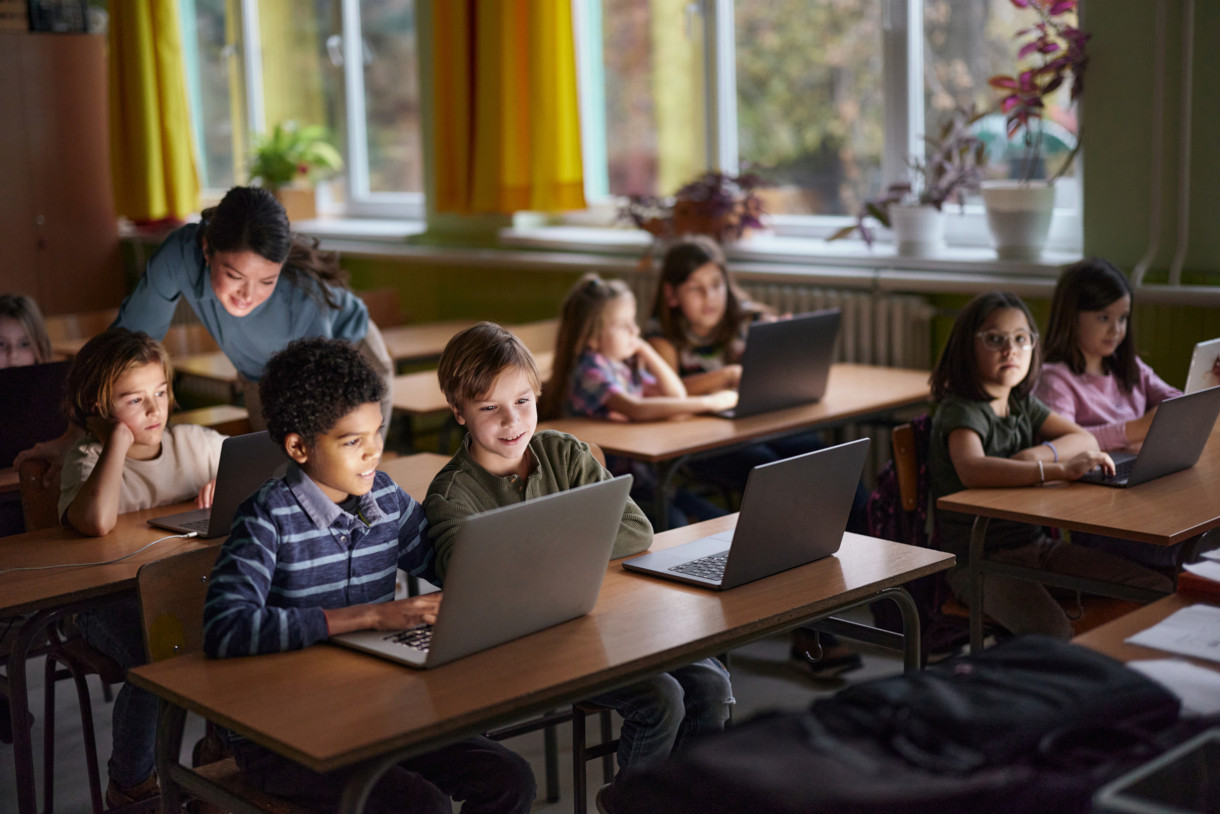They Said It: Talk About the Message

By Bob Sprankle
I’ve started carrying out my yearly Internet/Media survey with my third and fourth graders. It’s a survey that is a mashup of some of my own questions and questions from Common Sense Media. The responses and discussions are essential to take a “pulse” on understanding what has changed since the previous year, what tools are now being used, and how attitudes and habits have changed.
One positive change this year is that students are reporting that they are searching more with the aid of a parent rather than independently (one of the things we strongly encourage at the elementary age level).
One particular response in the survey hasn’t changed at all. When asked the question (created by Common Sense Media) “Have your parents talked with you about what media means or what its messages are?” more than 85% of students are reporting “No.” This is similar to what the data showed last year.
Media Literacy plays a prominent part of the technology curriculum. We look at advertising, message, medium, etc. However, if the conversation is only happening at school, it’s not enough. I’d go so far to say that if the conversation isn’t continuing or further reinforced at home, then the lessons at school are largely ineffective.
After looking at the data together, I asked students to describe typical shows they watch on TV (including DVD movies) and what kinds of conversation happens around them. First, I realized that my 4th graders are watching some pretty mature content (the Twilight movies and CSI episodes, for examples). Secondly, when I asked what kind of conversations they were having with parents around what happens in the program, they confirmed that there wasn’t any conversation.
I shared with my students typical conversations I have with my daughter while watching TV or movies. For example, my wife and I had many discussions about whether or not to allow our daughters to watch the popular young adult show, Glee, and finally decided to allow it. If this show isn’t a “stop, turn, and talk” show, I don’t know what is. Our family has had many really good conversations due to the issues or topics that the show has brought up. And I mean real conversations, like, “What do you think about that?” or “What would you do in this situation?” or “What questions do you have about this issue/topic?” I learned later that if you go to the review page about Glee, there’s actually a “Families Can Talk About” section to help get these conversations started.
Tools and ideas to transform education. Sign up below.
Let me be clear here: I’m no super dad, but I believe it’s important to have conversations about the media, to examine it, to question it, to talk about our likes and dislikes. The thing that we have tried to do is show that we value discussions and reflections around the media that we’re exposed to. We value our daughter’s ideas, her tastes, and dislikes.
What are your thoughts? Whose job is it to talk about the media our young students are coming in contact with? Are your students having conversations with their parents? Are parents aware of what media their students are ingesting?
